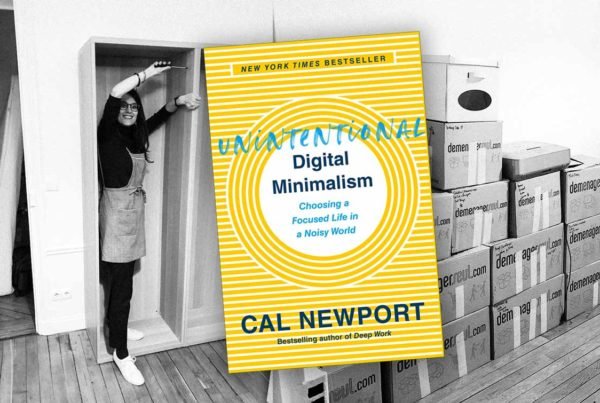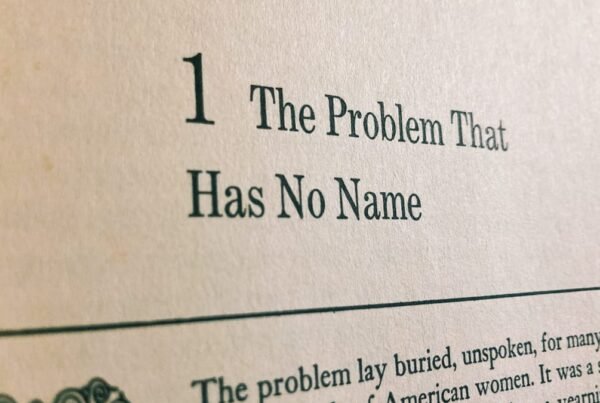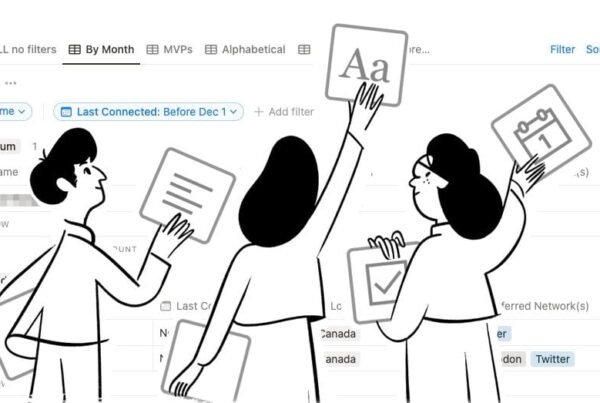Programmatic advertising and distracted minds: a match made in (Internet) heaven
Do you know what “programmatic advertising” is?
Chances are, you are not familiar with this concept. And yet, programmatic advertising is the very system that fuels online advertising – the ads we see on our computers, phones and tablets hundreds of times a day.
Even if you have an ad blocker installed on your devices and don’t see ads, it’s essential to understand what programmatic advertising is and how it works – because advertising is what funds tech platforms and the creation of most media. Internet culture is shaped and influenced by it.
You may be already familiar with the micro-targeting of online advertising – but the concept of programmatic advertising is truly sophisticated and awe-inspiring (both in the good and scary sense of the word).
Internet expert, entrepreneur and author Tim Hwang was a recent guest of The Ezra Klein Show. In their illuminating discussion, Hwang explained in depth what programmatic advertising is and why we should care about it.
Hwang compares programmatic advertising to the high frequency trading of capital markets. He explains what happens when people go online and begin loading a website:
Essentially, what happens is that there’s a signal that basically is put out to a marketplace saying, hey, we’ve got Tim — male, 25 to 35 — on the East Coast who’s looking at this website. Who wants to advertise to him? And essentially, there’s a number of algorithms that operate on behalf of advertisers that compete to basically bid to deliver the ad to me. And depending on which bidder wins, they upload that to my website and into my eyeballs. And this happens billions and billions of times every single day.
Hwang wrote a book on this subject – Subprime Attention Crisis – which I just finished reading. In it, Hwang explains that the real time bidding of programmatic advertising works at the speed of light:
The advertisements you see online are not predetermined. At the moment you click the link and load up the page, a signal from the ad server triggers an instantaneous auction to determine which ad will be delivered. The highest bidder gets to load its ad on the website and into your eyeballs.
Why is this interesting?
Hwang writes:
Earlier generations of advertisers bought and sold attention, but never at the speed, scale, and level of granularity characteristic of today’s programmatic advertising marketplaces. What is different about the present-day online advertising system is the extent to which it has enabled the bundling of a multitude of tiny moments of attention into discrete, liquid assets that can then be bought and sold frictionlessly in a global marketplace. Attention is commodified to an extent that it has not been in the past.
This made me think of Nicholas Carr’s essay “Is Google Making Us Stupid?” published in the Atlantic in 2008 – 15 years ago! – which in internet time feels like a lifetime ago.
The sensational essay, arguing that the Internet is essentially destroying our concentration, was eventually turned into a brilliant book The Shallows: How the Internet Is Changing the Way We Think, Read and Remember – which was a finalist for the Pulitzer prize in general non-fiction.
In the original essay from 2008 Carr wrote:
The idea that our minds should operate as high-speed data-processing machines is not only built into the workings of the Internet, it is the network’s reigning business model as well. The faster we surf across the Web—the more links we click and pages we view—the more opportunities Google and other companies gain to collect information about us and to feed us advertisements. Most of the proprietors of the commercial Internet have a financial stake in collecting the crumbs of data we leave behind as we flit from link to link—the more crumbs, the better. The last thing these companies want is to encourage leisurely reading or slow, concentrated thought. It’s in their economic interest to drive us to distraction.
The last line is worth repeating and thinking about: “It’s in their economic interest to drive us to distraction”… so that we will keep scrolling, loading new pages, and seeing more ads.
In my 2016 documentary The Illusionists I interviewed author and activist Jean Kilbourne (best known for her documentary series Killing Us Softly). In our interview she said:
The ideal consumer is someone who’s constantly dissatisfied, constantly needs more and more products in order to feel better. Actually the ideal consumer is an addict, someone who has to have a product and the product will never really meet the need. So the craving goes on, and on, and on, and never ends.
Why is this important?
Well, think of the opposite. You can escape from this noxious online environment when you turn off a screen and pick up a book instead. Or take a walk outside.
It’s worth paying attention and noticing which environments foster distraction and dissatisfaction. And seeking the opposite: a healthier physical and head space.
On this note, I would highly recommend another Substack newsletter, which I have been greatly enjoying lately: Time Spent Offline by Mehret Biruk.
The book I’m currently reading? Stand Out of Our Light: Freedom and Resistance in the Attention Economy by James Williams. Its synopsis reads: “Former Google advertising strategist, now Oxford-trained philosopher James Williams launches a plea to society and to the tech industry to help ensure that the technology we all carry with us every day does not distract us from pursuing our true goals in life.”
Williams writes:
[…] there’s a deep misalignment between the goals we have for ourselves and the goals our technologies have for us. This seems to me to be a really big deal, and one that nobody talks about nearly enough. We trust these technologies to be companion systems for our lives: we trust them to help us do the things we want to do, to become the people we want to be.
A powerful call to action, reminding us to never accept these technologies at face value, but to question how they are changing us.
What is your act of resistance today to the attention economy?
I know how I will spend 1-2 hours this evening after work: offline, reading Stand Out of Our Light. And you?
Elena




